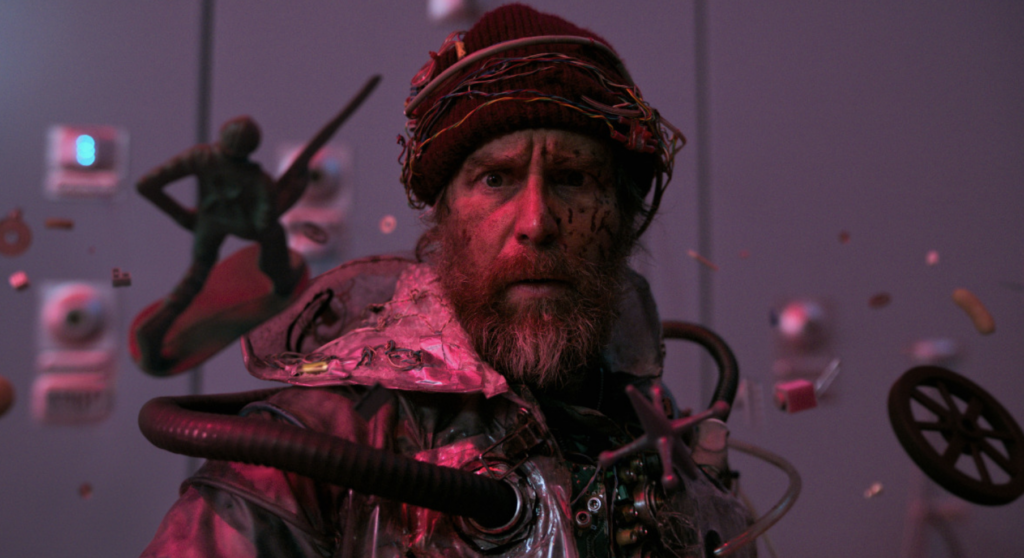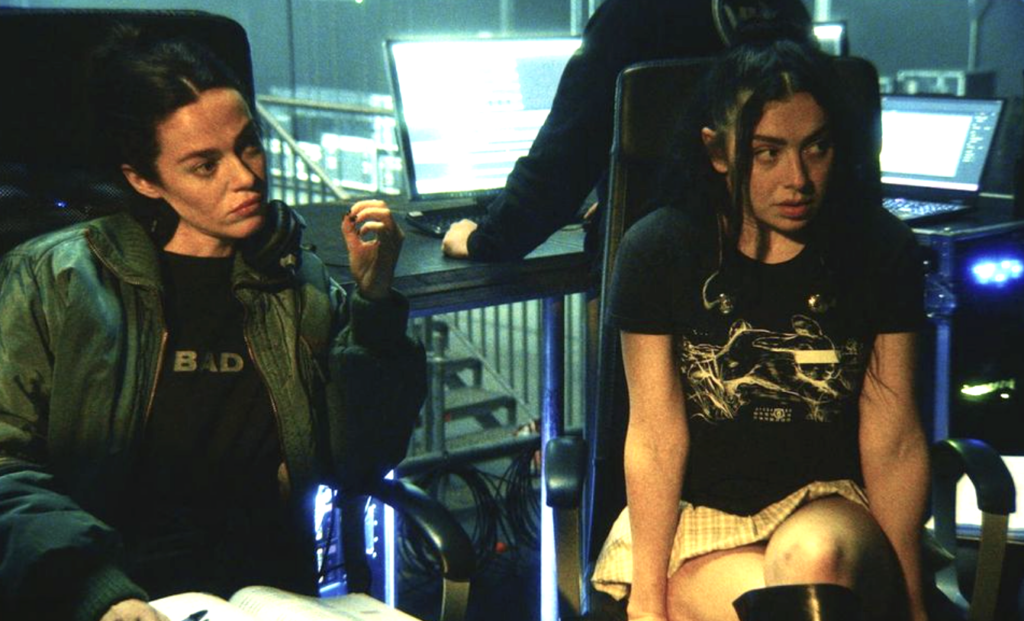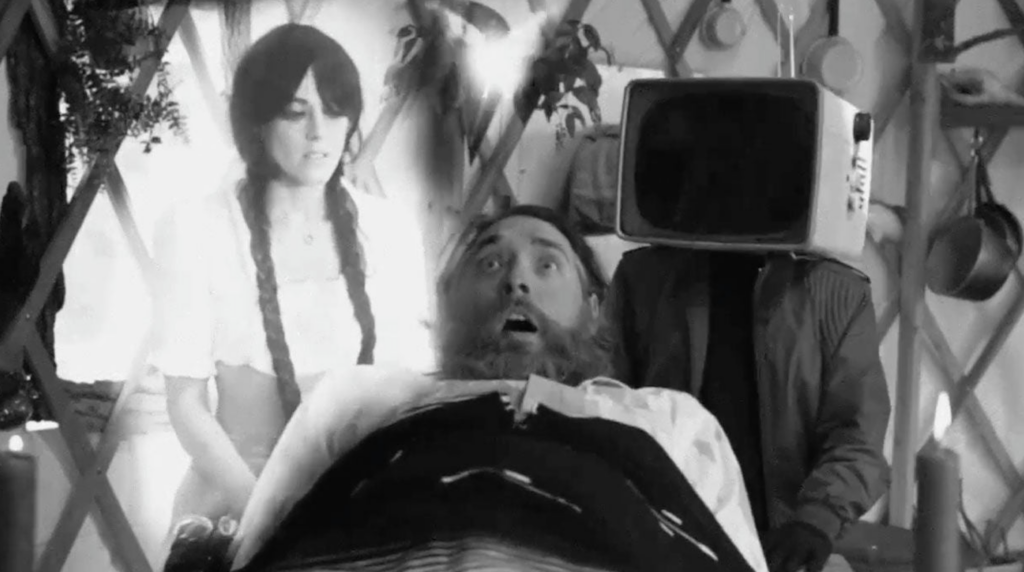Adrien Beau’s vampiric The Vourdalak is a cult favorite in the making
The flick wants to suck your blood (and your bed linens?)
While Bram Stoker popularized vampires with Dracula, bloodsuckers existed long before, in a variety of cultures. Think of China’s jiāngshī (hopping vampiric zombies), or Babylonian Lilitu (baby blood-drinking descendents of the demon Lilith, as discussed in True Blood season five).
Adrien Beau’s new film The Vourdalak is based on a novella by Aleksey Konstantinovich Tolstoy from 1839, predating Stoker’s novel by over 50 years. It gives us a trippy exploration of yet another folkloric vampire: the titular vourdalak, a creature that feasts on its close relations rather than drinking from just anyone and turns them.
Think of it like that one cousin who gave your family COVID at Thanksgiving because they refused to mask up, only instead of respiratory illness, they’re turning you into the bloodsucking undead.
Beau’s adaptation of Tolstoy’s The Family of the Vourdalak is classic European arthouse folk horror, from its misty backdrops, period costumes and super-16 graininess to its ruined castle locale and cast of bizarre, ennui-ridden characters. If you like your monster movies in the flavor of Neil Jordan’s The Company of Wolves or Catherine Breillat’s Bluebeard, you’ve come to the right place.
The setup is certainly Dracula enough: The pompously-named Marquis Jacques Antoine Saturnin d’Urfé (Kasey Mottet Klein), an emissary of the King of France, is traveling through a remote Slavic village looking for a place to stay the night. He’s directed to the house of a local nobleman, and warned to travel through the night and not to stop. When the Marquis arrives at the house, he finds the patriarch, Gorcha (voiced by Beau) is off fighting the Turks. Gorcha’s family are happy to give him temporary lodging in the meantime.
Gorcha has left strict instructions with his witchy daughter Sdenka (Ariane Labed) regarding his return. The family should wait six days for him to get back. If he hasn’t come home by then, they should mourn his death in battle. Of course, there’s a “but” coming: if Gorcha reappears after six days, his family must turn him away no matter what, because he will have become a vourdalak. If they let him stick around, he’ll kill them all.
You can probably guess where this is going. Gorcha does return too late, but within enough of a buffer zone that his slavishly loyal oldest son Jegor (Grégoire Colin) insists he’s okay. Over the next several days, the family and the in-over-his-head Marquis discover just how wrong they were.
The Vourdalak remains committed in its throwback vibes, including practical effects; When Gorcha comes back to the house, he’s definitely not human — the character is played by a skeletal life-size marionette. This is both a jarring visual that adds to the film’s trippy vibe, and enhances the idea that Gorcha’s family (or at least some of them) are wilfully overlooking the obvious: that the father they loved is no longer who he was, and is now a danger to them all.
Suddenly that COVID reference doesn’t seem so off-the-wall, huh?
The Vourdalak is a slow burn until it’s suddenly not, getting ickier with each passing kill (vourdalaks also apparently love sucking on bedsheets and funeral shrouds, which brings about some hilariously crass sound design and oddball visuals). It’s not exactly action-packed, but it is heavy on vibes, which for the kind of film it is, is just right. It’s the kind of enjoyably weird movie you keep in your back pocket to whip out for unsuspecting friends who you know are already on its wavelength. In other words, it’s a ready-made cult classic, just waiting for a cult of arthouse-loving, thread-count-sucking faithful.






